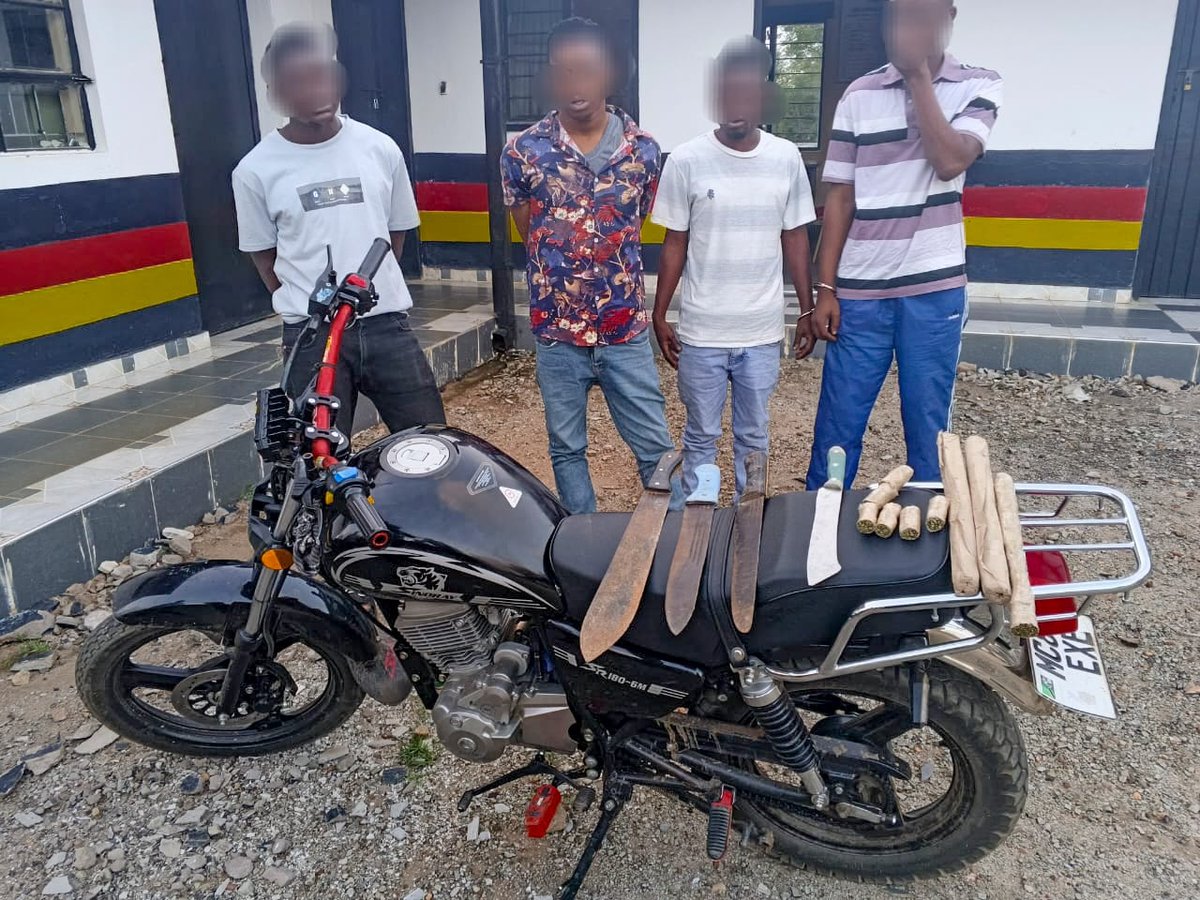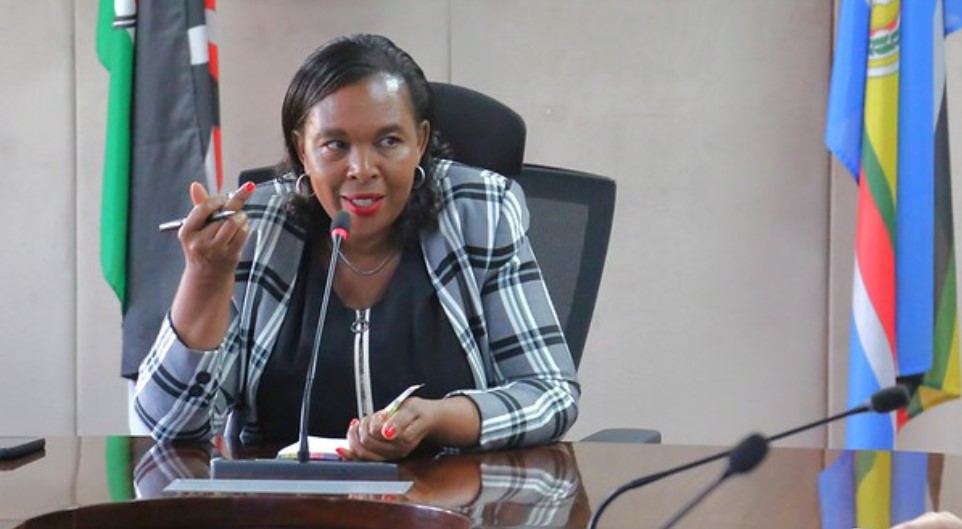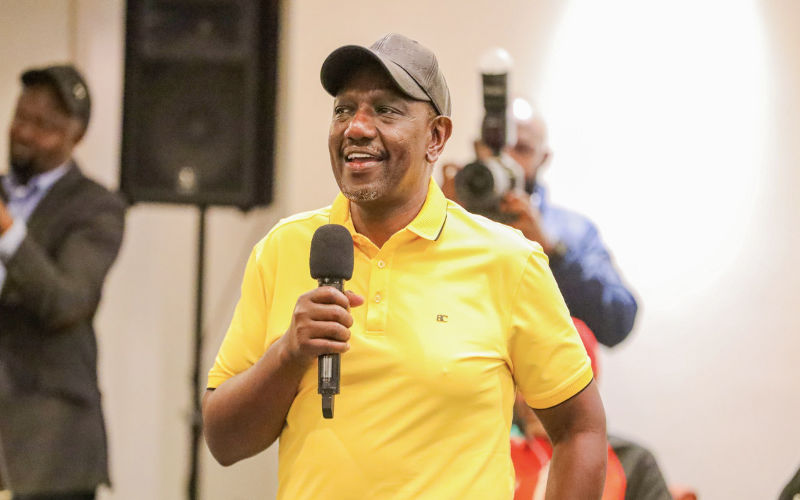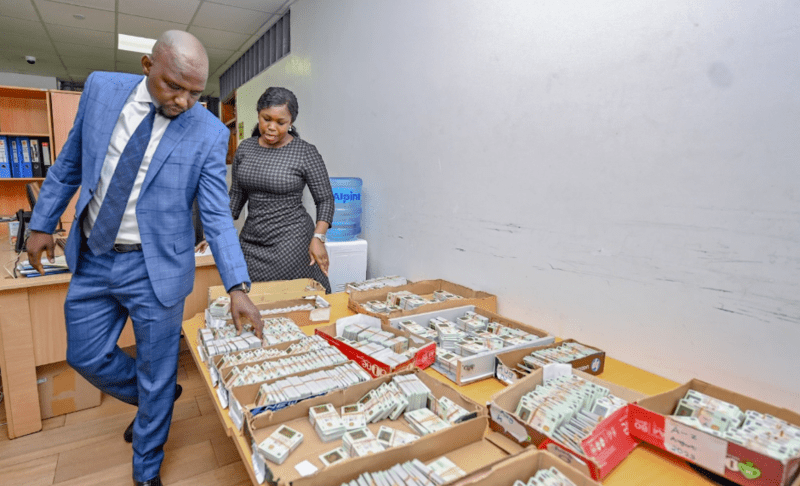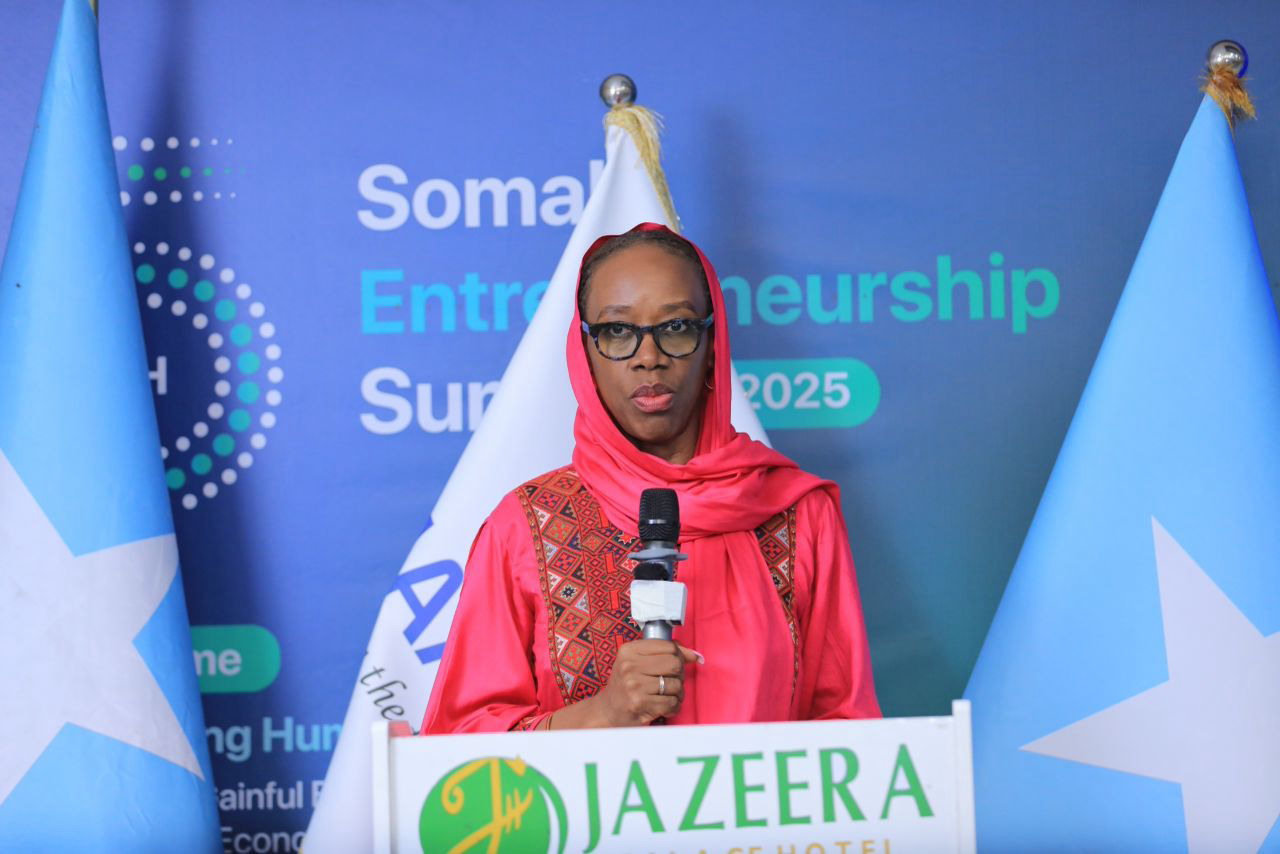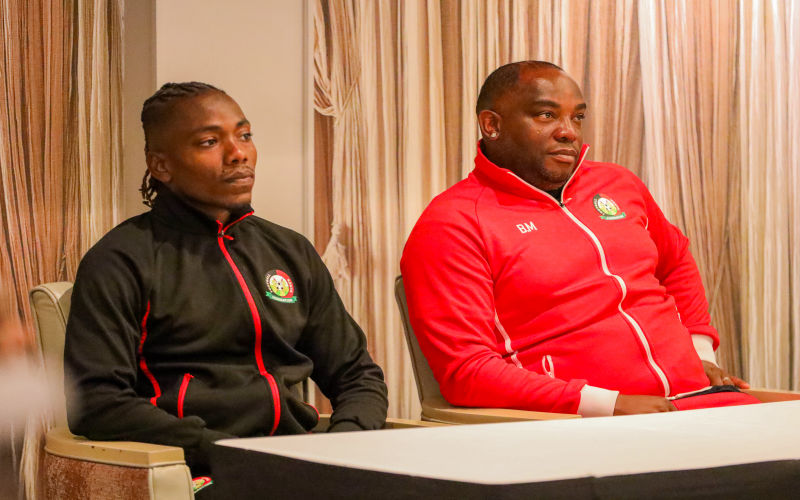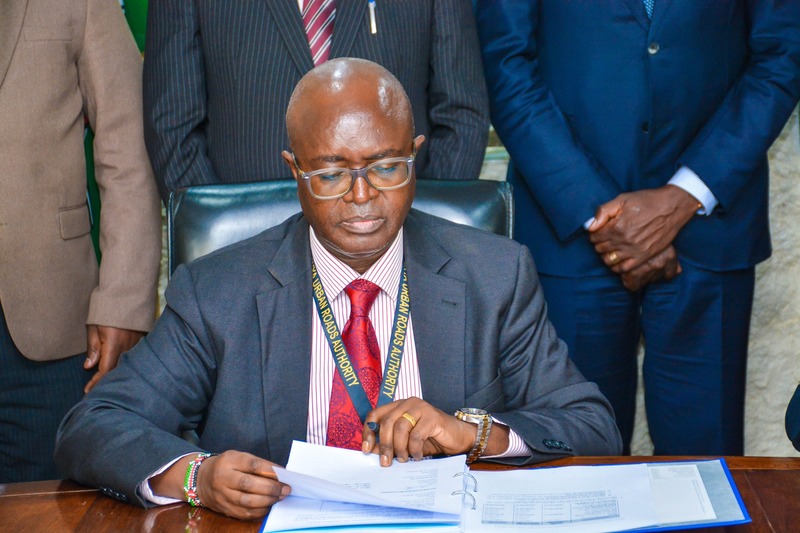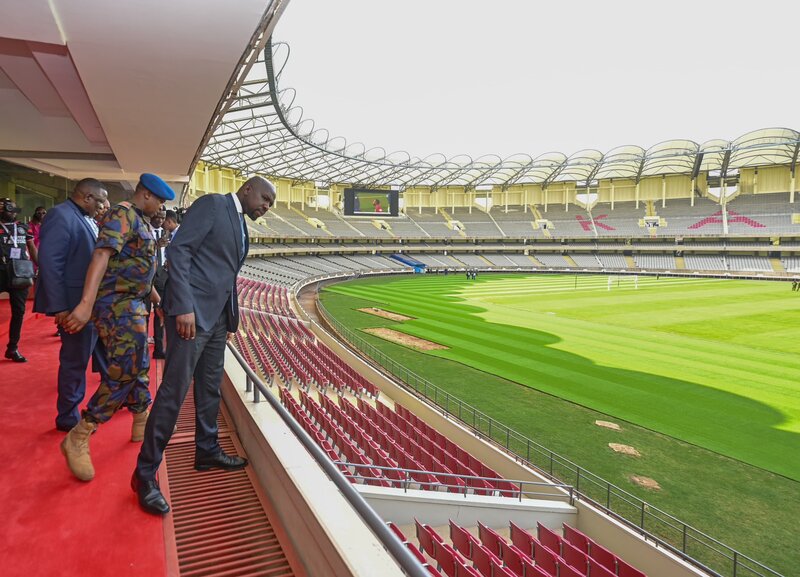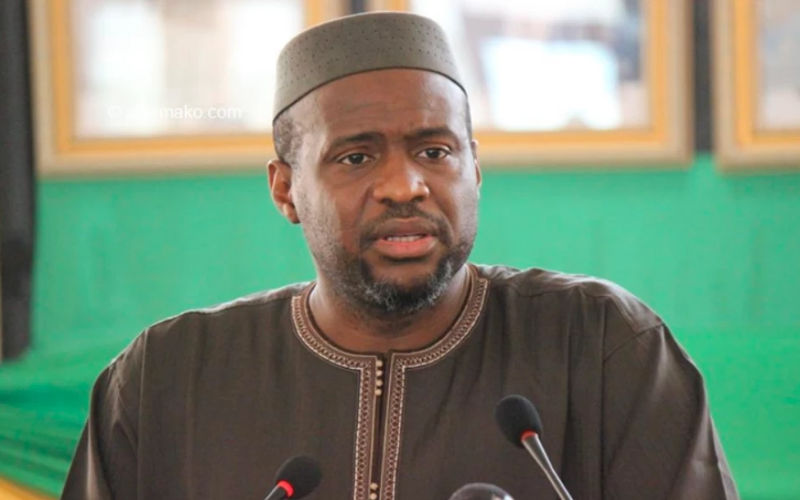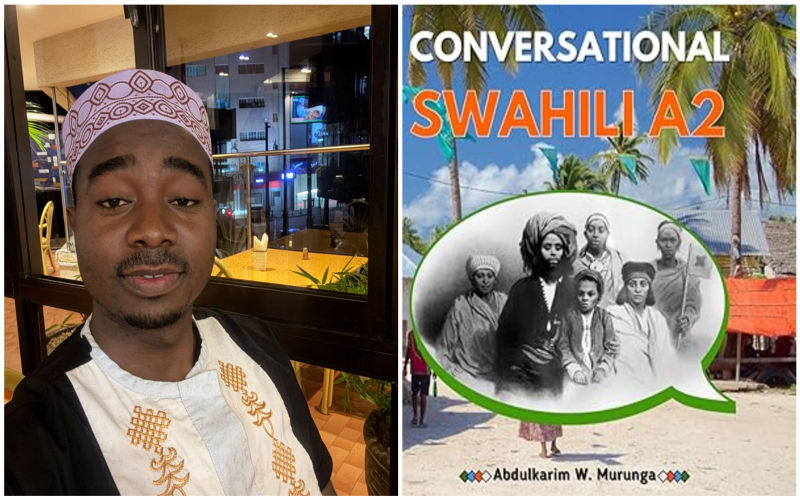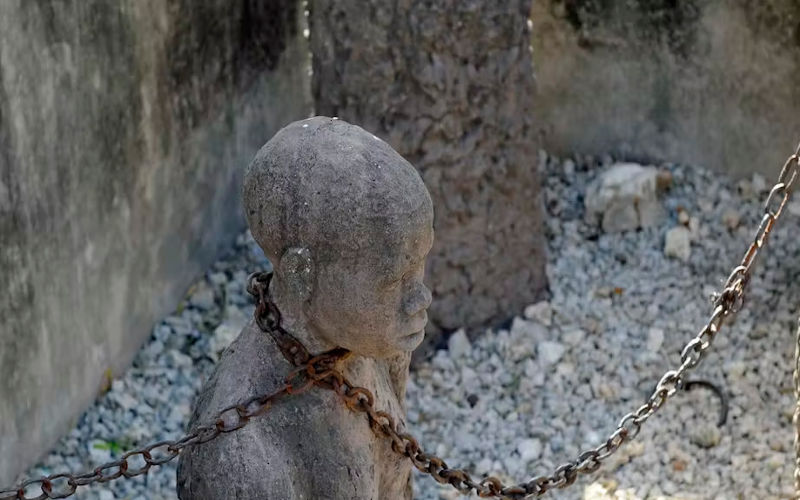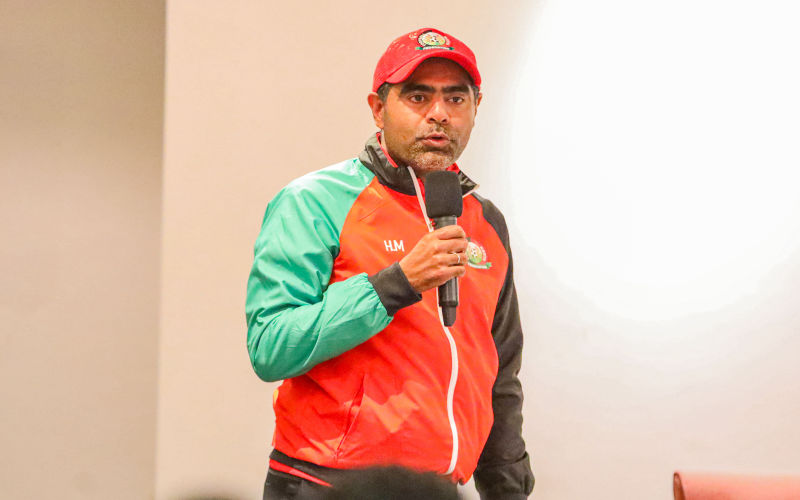Kabila's party defies government ban, resumes operations in DRC
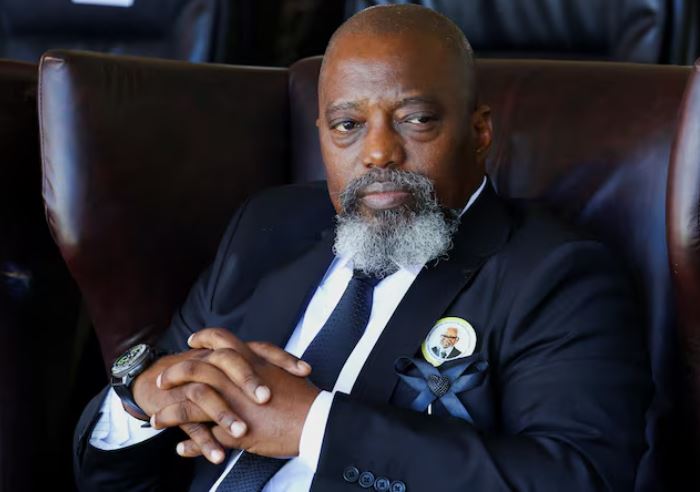
President Felix Tshisekedi and Kabila formed an awkward power-sharing deal following Congo's disputed 2018 election. But Tshisekedi later accused his predecessor of blocking reforms.
The Democratic Republic of Congo's People's Party for Reconstruction and Democracy (PPRD) will resume political operations despite being suspended by the country's Interior Ministry.
The Congolese government has not officially lifted the ban, but PPRD's lawyers maintain that the order was not officially enforced by a court order; as such, it became null and void after 15 days of issue.
More To Read
- DRC conflict: President Ruto backs merger of Nairobi and Luanda peace initiatives
- Joseph Kabila faces treason charges as military trial begins in Kinshasa
- Rwanda, DR Congo to ink peace deal in Washington
- Ruto meets AUC chief Mahmoud Youssouf amid growing doubts over union’s reform agenda
- DR Congo, Rwanda agree to draft peace accord to end hostilities
- UN peacekeeping chief meets M23 leaders in Goma amid ongoing conflict
While the PPRD insists it is legally within its rights to resume operations, the move is likely to escalate tensions with the current administration in Kinshasa. The Congolese government has yet to respond to the development.
Congo's Interior Ministry suspended PPRD, the party of former President Joseph Kabila, in April, on allegations of ties to the M23 rebel group, which has taken control of significant parts of the country's eastern region.
The DRC government has gone as far as to suggest he is aiding armed rebellion, an accusation that has fueled calls from some government officials to revoke his legal immunity as a former head of state.
Kabila returned to Congo in April after a self-imposed exile in South Africa. He re-entered the DRC in April through Rwanda and arrived quietly in Goma, a city in the eastern region of the country, currently controlled by M23. The DRC's eastern provinces remain engulfed in conflict, with millions displaced by violence in the areas.
The son of former President Laurent Kabila came to power after his father's assassination and refused to stand down when his final term officially expired in 2016, leading to deadly protests.
Kabila's opponents accused him of delaying elections in order to organise a referendum to let himself stand for a third term. He finally agreed in 2018 to step down following an election that December.
President Felix Tshisekedi and Kabila formed an awkward power-sharing deal following Congo's disputed 2018 election. But Tshisekedi later accused his predecessor of blocking reforms.
Their relationship soured, and as M23 marched on eastern Congo's second-largest city, Bukavu, in February, Tshisekedi publicly accused Kabila of sponsoring the insurgency.
Top Stories Today
